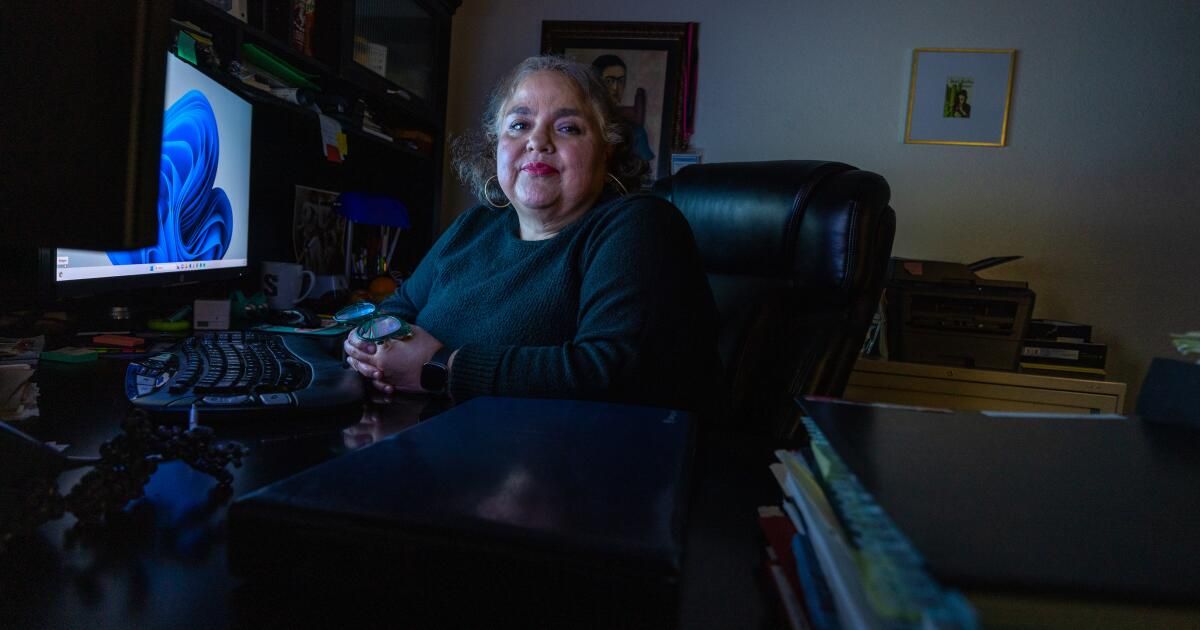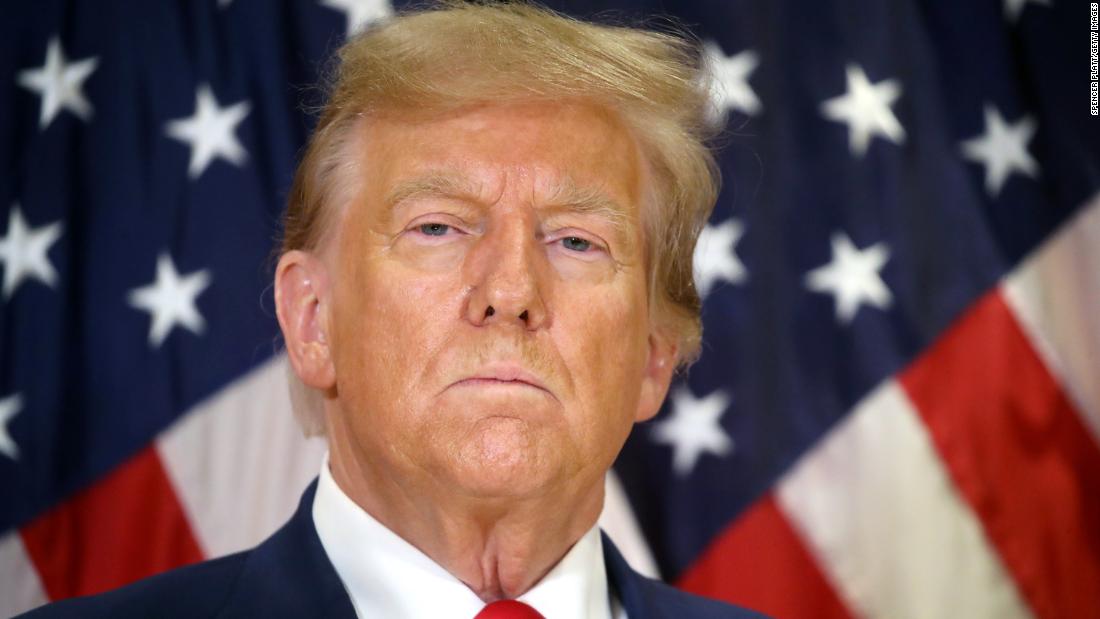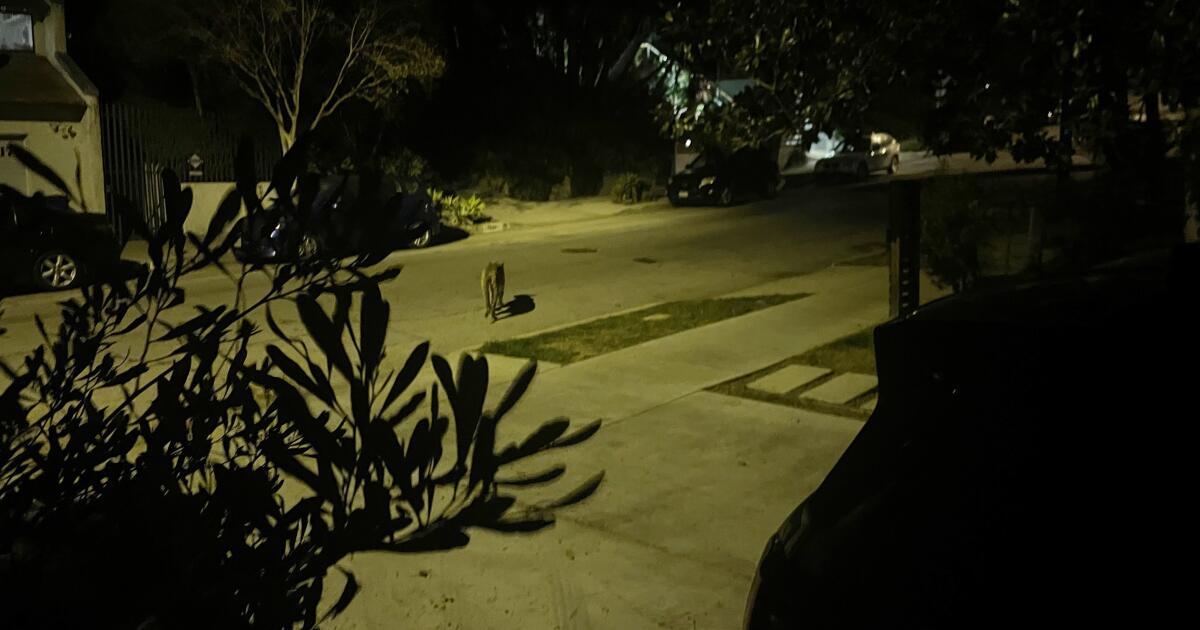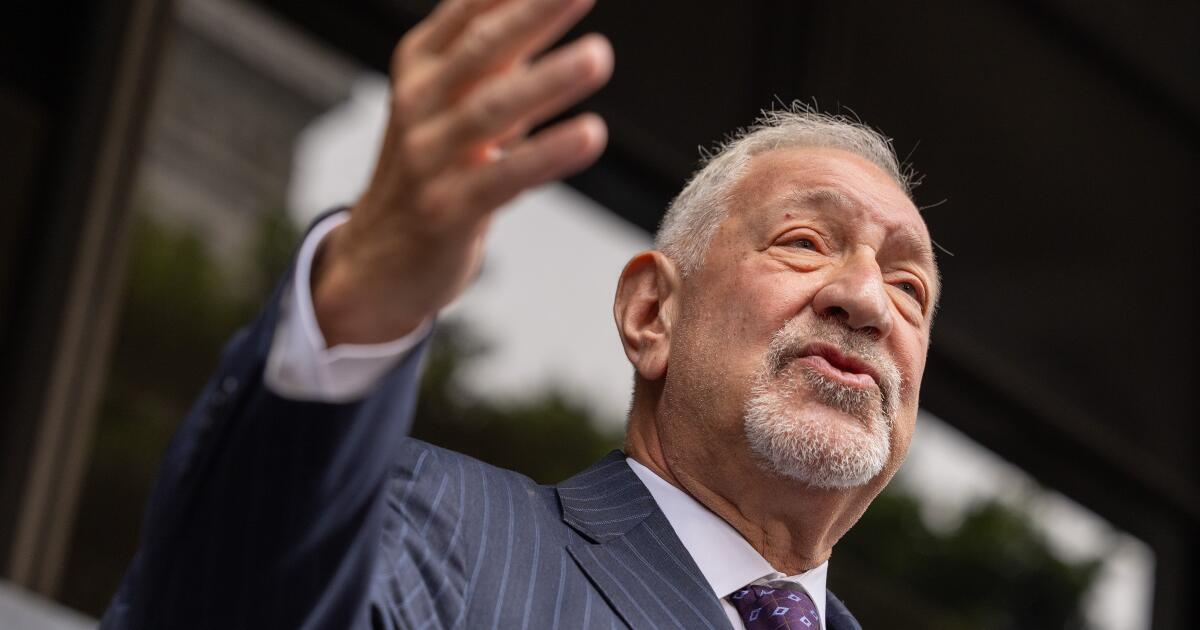On Friday, the Supreme Court ruled 6-3 against a Los Angeles woman who argued that her constitutional rights were violated when the federal government denied her Salvadoran husband a visa, in part because they considered his tattoos to be gang-related.
Luis Asencio Cordero, who lived in the United States until 2015, has been separated from his wife, Los Angeles civil rights attorney Sandra Muñoz, since he was denied a visa during a consular interview in El Salvador.
The couple attempted to submit a new visa application with evidence disproving their alleged membership in the MS-13 gang and wanted assurance that the federal government would review it.
The government said it denied him the visa because of concerns that Asencio Cordero could engage in illegal activities if he were allowed to return to the U.S.
Muñoz maintains that the government violated her rights to marriage and due process by failing to provide a timely explanation for her husband's visa denial. After the couple filed the lawsuit, they learned through the lawsuit that the government believed he was a member of the MS-13 gang, based on his tattoos, an interview and a background check. Asencio Cordero had no criminal convictions in the US.
Asencio Cordero's tattoos represent the masks of comedy and tragedy theater, The Virgin of Guadalupe and a tribal design with a paw print. He denies they are affiliated with a gang, and a court-approved gang expert agreed.
A long-established judicial policy (the doctrine of consular non-review) prevents courts from reviewing visa determinations except in limited cases.
The Ninth Circuit Court of Appeals ruled in favor of the couple in 2022. The Biden administration asked the Supreme Court to overturn the ruling, arguing that because Muñoz and Asencio Cordero were able to choose to live outside the United States, their right to marry has not been violated.
Administration lawyers said immigration officials have broad discretion over who to admit into the country. They also said that requiring the government to reveal specific details about the evidence and intelligence used in such decisions would slow down processing, pose a risk to public safety and could curb future information sharing with foreign partners.
The couple's attorney, Eric Lee, said the court's decision strengthens the broad powers of consular officials.
Separately, this week, President Biden announced an executive order to protect immigrant spouses of U.S. citizens who have lived consecutively in the country for at least a decade. At the White House on Tuesday, Biden said it's the right thing to do.
“There's already a system in place for the people we're talking about today,” Biden said. “But the process is cumbersome, risky and separates families. Under the current process, undocumented spouses of U.S. citizens must return to their home country… to obtain long-term legal status. “They have to leave their families in the United States, without any guarantee that they will be allowed to return to the United States.”
If he had never left the country, Asencio Cordero could have qualified for protection. For Lee, the announcement was bittersweet.
“We hope the new relief applies to as many families as possible,” Lee said, “but it's hard not to ask: If these are the new criteria, then why did the administration fight Sandra and Luis's case so hard? For so many years?












